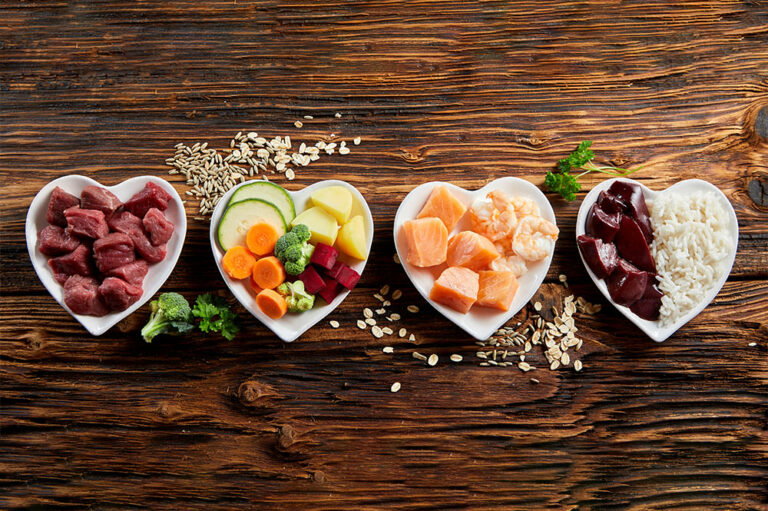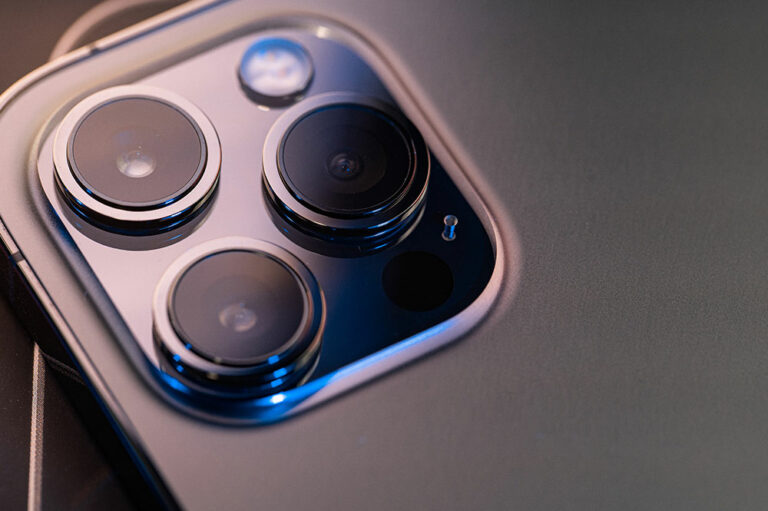ADHD, short for Attention Deficit Hyperactivity Disorder, is a mental health condition commonly observed in children between the ages of 3 and 7. It can also be diagnosed later in life and continue into adulthood if left untreated. ADHD primarily affects one’s behavior patterns, making one seem restless, have trouble concentrating, and feel hyperactive. While the disorder can be treated with remedies and behavioral therapy, certain foods can help ADHD patients manage their symptoms better.
Can food affect ADHD?
Yes, studies show that food and ADHD are closely associated. A Harvard study has proven that people who eat healthily are able to regulate their emotions better, manage stress, and enhance their brain functions.
What foods should ADHD patients avoid?
People with ADHD must be mindful of their eating habits because certain foods tend to aggravate its symptoms.
Candies
It is advised for one to reduce or completely stop having foods with refined sugar and saturated fat. The refined carbs in packaged sugar candies trigger a quick spike, followed by a crash in blood glucose levels. While the spike causes hyperactivity, the crash in sugar level leaves people feeling spacey, confused, and inattentive.
Cakes and frosting
Cake mix and frostings are loaded with artificial sweeteners and refined sugar, which causes hyperactivity. So, people with ADHD specifically should avoid them. Patients with a sweet tooth can instead opt for healthy sweet snacks like dates, fruits, homemade peanut butter, and more.
Caffeine
Caffeine, classified as a nervous system stimulant, hampers blood flow to the brain. Excessive caffeine consumption can result in nervousness, anxiety, rapid heartbeat, restlessness, migraines, and sleeplessness. This might trigger ADHD symptoms.
Soda and energy drinks
Carbonated soft drinks, soda, and energy drinks contain additives, including sugar, artificial sweeteners like high-fructose corn syrup, artificial colors, and other stimulants that exacerbate ADHD. So, people with the condition should avoid consuming such drinks frequently. They can instead benefit from vitamin- and mineral-rich alternative health drinks like green or herbal tea, fresh smoothies, and fruit juices.
At times, ADHD symptoms can be triggered in children after they consume certain types of foods that they’re allergic to, such as dairy products, red meat, wheat, beans, etc.
It is advisable to consult an expert and narrow down on any such allergies or food sensitivities. This will, in turn, help one to formulate a healthy lifestyle and manage ADHD in a better way. In more severe cases, treatments like VIIBRYD may be recommended to manage depression, hyperactivity, sleeplessness, impulsivity, anxiety, and other ADHD symptoms and complications.



